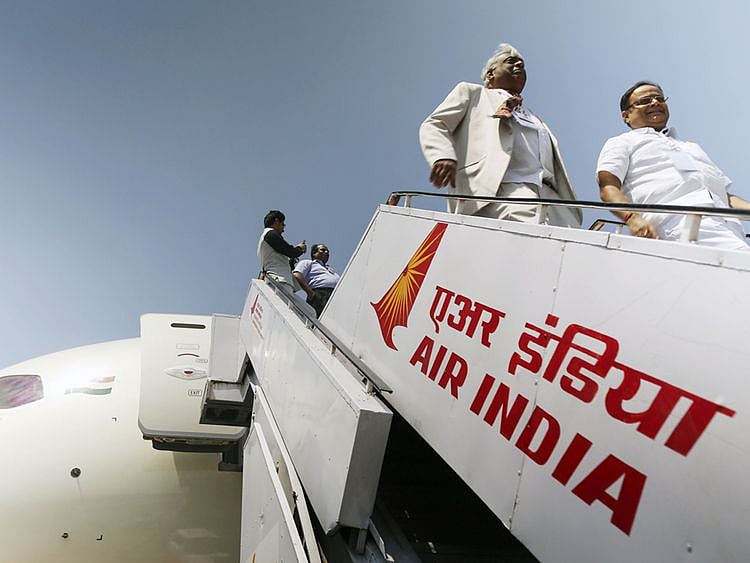Air India will no longer operate budget flights from UAE to Mumbai, Delhi in major revamp
Air India Express will now operate only to Tier-2 cities in India from UAE

Dubai: Air India’s budget airline will stop operating flights between UAE and peak-demand destinations such as Mumbai and Delhi, in a major reworking of how its main sectors will be serviced in future.
Travel agents in the UAE say the switch will reduce the number of lower-fare flights and seats available for Indian expats wanting to fly to Mumbai or Delhi.
The budget airline, Air India Express, will now serve only flights to Tier-2 cities in India from here. Simultaneously, the flagship carrier, Air India, will drop flights to destinations such as Goa, Indore and Kozhikode. The Sharjah-Kozhikode service operated by Air India will also no longer be there.
Also Read
Can Air India make that turnaround after decades of losses? Tatas and CEO Campbell Wilson think soAir India’s historic plane order deliveries to begin this yearAir India to add over 4,200 cabin crew, 900 pilots in 2023“Passengers who booked flights (to Mumbai or Delhi on Air India Express) have been advised to rebook,” said P. P. Singh, Regional Manager for the Gulf, Middle East and Africa network for both Indian carriers.
This would mean that Air India would eventually operate only to metro cities in India, leaving the smaller city operations to Air India Express.
The move is part of Air India’s major overhaul of its global operations, and with a record order for new aircraft having been placed. There are 450 flights operated by Air India and Air India Express in the Gulf Middle East and Africa (GMEA) region each week.
The airline has not confirmed if the network realignment is a permanent change or if it could be revised after summer. The changes are effective March 26 as part of the airline’s summer 2023 schedule.
No changes to number of seats
“These decisions are based on route performance and economics,” said Singh. “There are no changes to flight capacities or seat allocations.
“We’ve only reshuffled these flights and will release our final summer schedule soon.”
Air India is experiencing a passenger load factor of 80-85 per cent and has a heavy forward booking for summer travel this year.
Limiting budget flying options?
UAE based travel agents are worried the network realignment could impact India-UAE fares in the peak summer months. “Summer-time fares are already very high,” said a travel industry source. “Air India is the only airline that can transport passengers in wheelchairs and has bigger cargo capacities.
“The lack of wide-body aircraft to more destinations in India would indirectly impact airfares.”
Current Economy class fares from Dubai- Delhi on Air India, for example, is priced at Dh978 (March 27-April 4). Summertime rates on the same route for July 1-August 30 have already shot up to Dh1,545 and will increase further.
Air India Express fares during this period are showing Dh1,557.
No increasing air traffic rights
The announcement from Air India comes after the airline announced ambitious plans for international network expansion and a mega deal with Boeing and Airbus to acquire 470 aircraft.
Air India's expansion plans have also stirred speculation over airline flying rights. On Tuesday, India’s Civil Aviation Minister Jyotiraditya Scindia told Reuters that India is not considering increasing air traffic rights for the UAE and wants its domestic airlines to offer non-stop long-haul flights.
The UAE has urged India to increase the maximum number of seats between the two countries by 50,000 a week from about 65,000 a week today, but Scindia said, “At this point, we’re not looking at increasing it”.
While speaking at a briefing with journalists during the CAPA India Aviation Summit in New Delhi on Tuesday, Emirates’ President Tim Clark urged India to embrace an Open Skies accord that would give carriers more significant access to each other’s market.
“There is a need to increase air access,” said Clark. “Demand is so strong out there.”
Sign up for the Daily Briefing
Get the latest news and updates straight to your inbox
Network Links
GN StoreDownload our app
© Al Nisr Publishing LLC 2026. All rights reserved.